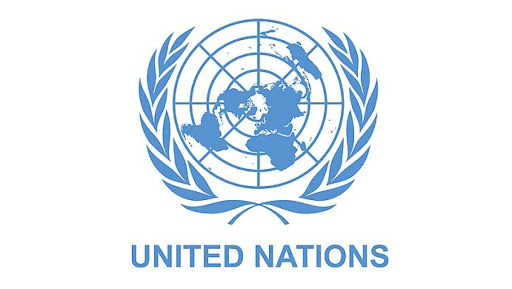NEW DELHI: Despite rising trade tensions with Bangladesh, India is unlikely to respond with retaliatory measures, opting instead for restraint amid growing concern over Dhaka’s recent actions. Reports suggest that Bangladesh has blocked yarn imports from India through land borders, a move seen as unfriendly by New Delhi. However, Indian officials insist that the recent suspension of the transshipment facility extended to Bangladesh in 2020 was purely aimed at reducing congestion at Indian ports and airports, and not a retaliatory measure.
India has also taken steps to ensure that Bangladesh's exports to Nepal and Bhutan—transiting through Indian territory—remain unaffected by the decision.
Against the backdrop of increasingly negative rhetoric and trade measures from Dhaka, Prime Minister Narendra Modi, in a recent meeting with Bangladesh’s Chief Adviser Muhammad Yunus in Bangkok, urged restraint and cautioned against statements or actions that could sour bilateral ties. Indian officials believe that even before the suspension of the transshipment facility, the interim Bangladeshi government had already initiated actions that could destabilize trade relations.
In March, Bangladesh closed three land ports with India and imposed a block on yarn imports—key to its garment industry. Earlier in January, heightened customs checks at Benapole were also perceived as an unfriendly signal. Bangladeshi knitwear manufacturers have voiced concern, warning that blocking yarn imports could severely damage the country’s export competitiveness.
Simultaneously, while tightening trade controls with India, the Bangladeshi interim government has resumed direct trade with Pakistan. In February, it agreed to import 50,000 tonnes of rice from Pakistan via the state-run Trading Corporation of Pakistan (TCP).
India is also closely monitoring reports of increasing radicalization in Bangladesh and is particularly wary of Dhaka’s renewed engagement with Islamabad—long seen by New Delhi as a hub for global terrorism. The reestablishment of high-level diplomatic contact between the two countries after decades is seen with concern, especially with Pakistan’s foreign secretary Amna Baloch scheduled to visit Dhaka this week, followed by foreign minister Ishaq Dar next week.
India, while watching developments closely, appears committed to maintaining stability in its trade and diplomatic ties with Bangladesh, avoiding moves that could escalate tensions further.




